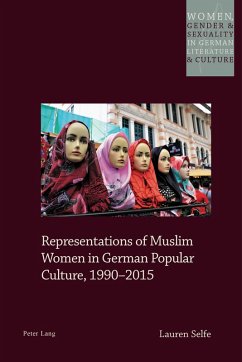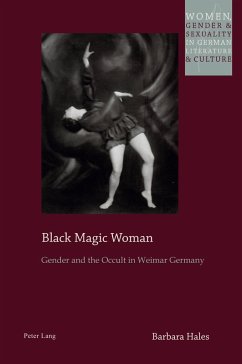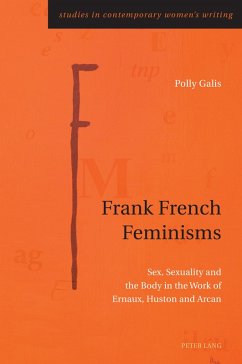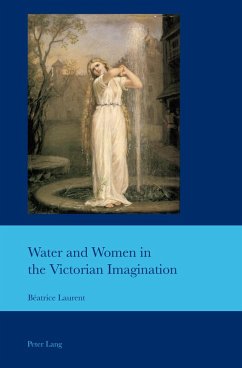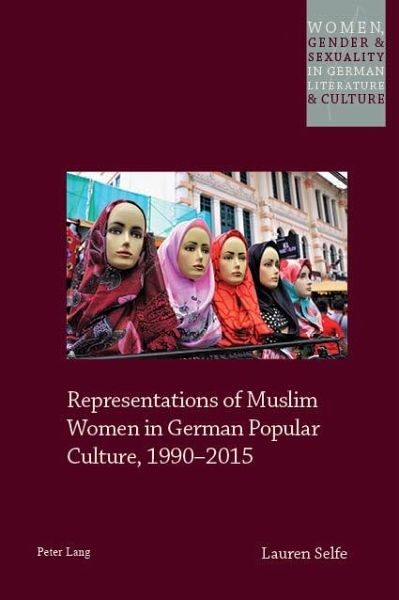
Representations of Muslim Women in German Popular Culture, 1990-2015 (eBook, PDF)
Versandkostenfrei!
Sofort per Download lieferbar
Statt: 71,95 €**
57,95 €
inkl. MwSt.
**Preis der gedruckten Ausgabe (Broschiertes Buch)
Alle Infos zum eBook verschenkenWeitere Ausgaben:

PAYBACK Punkte
29 °P sammeln!
The figure of the «Muslim» woman or girl performs a crucial role in far-reaching socio-political debates in Germany. Indeed, such figures challenge the boundaries of gender equality and secularism and contest notions of tolerance and integration. The (in)visibility of Muslim women's bodies and their apparent position in Islam function as ostensible indicators of their oppression and of Islam's supposed incompatibility with western values.This book investigates representations of «Muslim» women and girls in German popular culture from 1990 to 2015. The study analyses the discursive function...
The figure of the «Muslim» woman or girl performs a crucial role in far-reaching socio-political debates in Germany. Indeed, such figures challenge the boundaries of gender equality and secularism and contest notions of tolerance and integration. The (in)visibility of Muslim women's bodies and their apparent position in Islam function as ostensible indicators of their oppression and of Islam's supposed incompatibility with western values.
This book investigates representations of «Muslim» women and girls in German popular culture from 1990 to 2015. The study analyses the discursive function of such figures in German popular culture via three key research questions: what representational practices surround the figure of the Muslim woman or girl in German life writing, young adult literature and film? How do such representations function to produce «non-Muslim» subject positions? What is the function of this figure within narratives of feminism and assertions of gender equality? This study understands itself as an intervention into contemporary racist discourses in Germany and operates within a transdisciplinary framework of intersectional feminism and cultural and German studies. Ultimately, the book aims to make visible and interrogate
the underlying hierarchies and agendas that drive representations of Muslim women and girls.
This book was the winner of the of the 2017 Early Career Researcher Prize in German Studies, a collaboration between the Institute for German Studies at the University of Birmingham and Peter Lang.
This book investigates representations of «Muslim» women and girls in German popular culture from 1990 to 2015. The study analyses the discursive function of such figures in German popular culture via three key research questions: what representational practices surround the figure of the Muslim woman or girl in German life writing, young adult literature and film? How do such representations function to produce «non-Muslim» subject positions? What is the function of this figure within narratives of feminism and assertions of gender equality? This study understands itself as an intervention into contemporary racist discourses in Germany and operates within a transdisciplinary framework of intersectional feminism and cultural and German studies. Ultimately, the book aims to make visible and interrogate
the underlying hierarchies and agendas that drive representations of Muslim women and girls.
This book was the winner of the of the 2017 Early Career Researcher Prize in German Studies, a collaboration between the Institute for German Studies at the University of Birmingham and Peter Lang.
Dieser Download kann aus rechtlichen Gründen nur mit Rechnungsadresse in A, D ausgeliefert werden.




